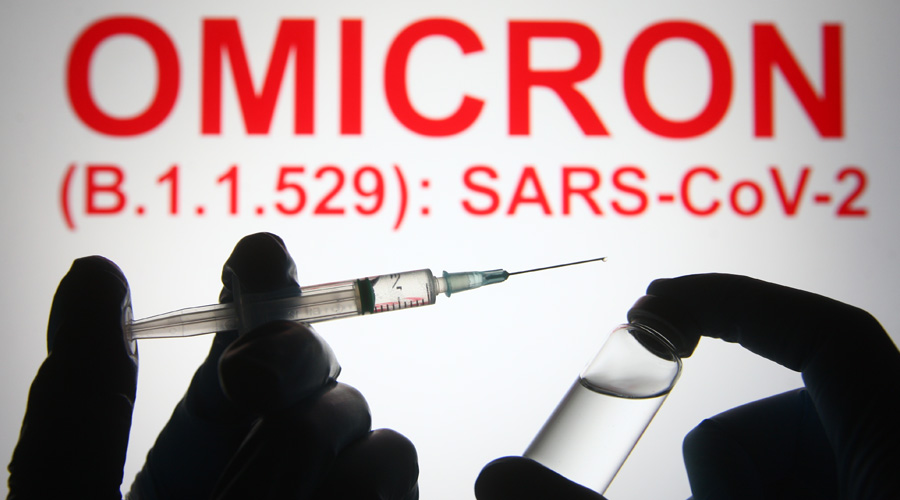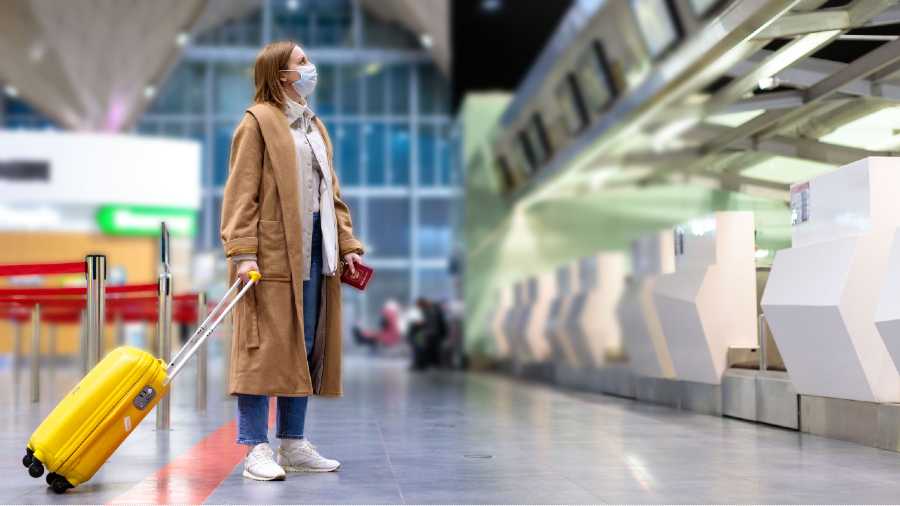India’s apex disease surveillance agency on Wednesday asked for genome sequencing of all Covid-19-positive samples from eight cities, including Calcutta, amid growing counts of omicron cases with neither travel nor any apparent contact history.
The National Centre for Disease Control (NCDC) asked local health authorities to send all Covid-19-positive samples from Bangalore, Bhubaneswar, Calcutta, Chennai, Delhi, Hyderabad, Mumbai and Pune for sequencing to determine whether omicron was already circulating in their populations.
“One of the key epidemiological questions at this stage is whether omicron is already in community transmission in our large cities,” a health official who requested anonymity told The Telegraph.
“The planned sequencing will help us monitor possible community transmission of omicron.”
The decision to sequence all Covid-19-positive samples from the eight cities comes amid what some medical experts say are early signs of omicron circulating in the community unnoticed — increasing numbers of omicron patients with no history of international travel or contacts with known cases.
Among India’s 222 omicron cases documented until Wednesday morning, the cumulative count of those patients with no international travel or contact history is well over 50 — from 17 among 77 cases six days ago.
The patients whose potential source of infection remains unknown include around 30 in Delhi, eight in Maharashtra, six in Telangana, five in Karnataka, four in Kerala and three each in Gujarat and Jammu and Kashmir, according to a database maintained by health researchers tracking the epidemic.
Experts have welcomed the NCDC decision, saying citywide sequencing sweeps could help detect omicron transmission in the community, if any, early enough to enable health authorities to initiate containment measures before large outbreaks emerge.
“This is a good step — the average counts of daily new cases even in our large cities are currently low enough to sequence all samples found positive,” said Aurnab Ghose, a biologist at the Indian Institute of Science Education and Research, Pune, one of the sequencing labs.
“But the sequencing effort proposed will require a steady and streamlined supply of samples to labs,” Ghose said. “Apart from coordinated distribution of samples for sequencing, funds and technical staff might be needed to scale up the sequencing.”
While India’s overall epidemic has continued to decline since the country’s first case of omicron surfaced in Bangalore on November 22, new infection counts grew during the first two weeks of December in several cities, including Calcutta, Chennai, Delhi, Mumbai and Pune.
Although surveillance units have investigated several clusters in different states, health officials have so far not linked any of them to omicron. Experts believe an omicron-fuelled wave is almost certain to emerge in India once the country’s case counts from the strain cross some threshold number.
But, the experts say, what remains unclear is the pressure the imminent omicron wave will impose on the country’s hospitals. Early evidence from South Africa and Europe has indicated that hospitalisation requirements might be lower with omicron than with its preceding variants.
Researchers in South Africa’s National Institute of Communicable Diseases said on Wednesday that they had observed a reduced risk of hospitalisation among patients infected likely with omicron than among patients infected during earlier Covid-19 waves.
While omicron-infected people had a reduced risk of severe disease compared with patients infected by the delta variant, the researchers said, once hospitalised, the risk of severe disease appeared similar for omicron and non-omicron-infected people.
The researchers have attributed the reduced risk to high population-level immunity.
Indian experts say the country’s population too would likely have significant immunity from both prior infections and vaccinations.
“Our people and our healthcare resources are in different circumstances now than they were before the second wave,” said a physician turned researcher.












